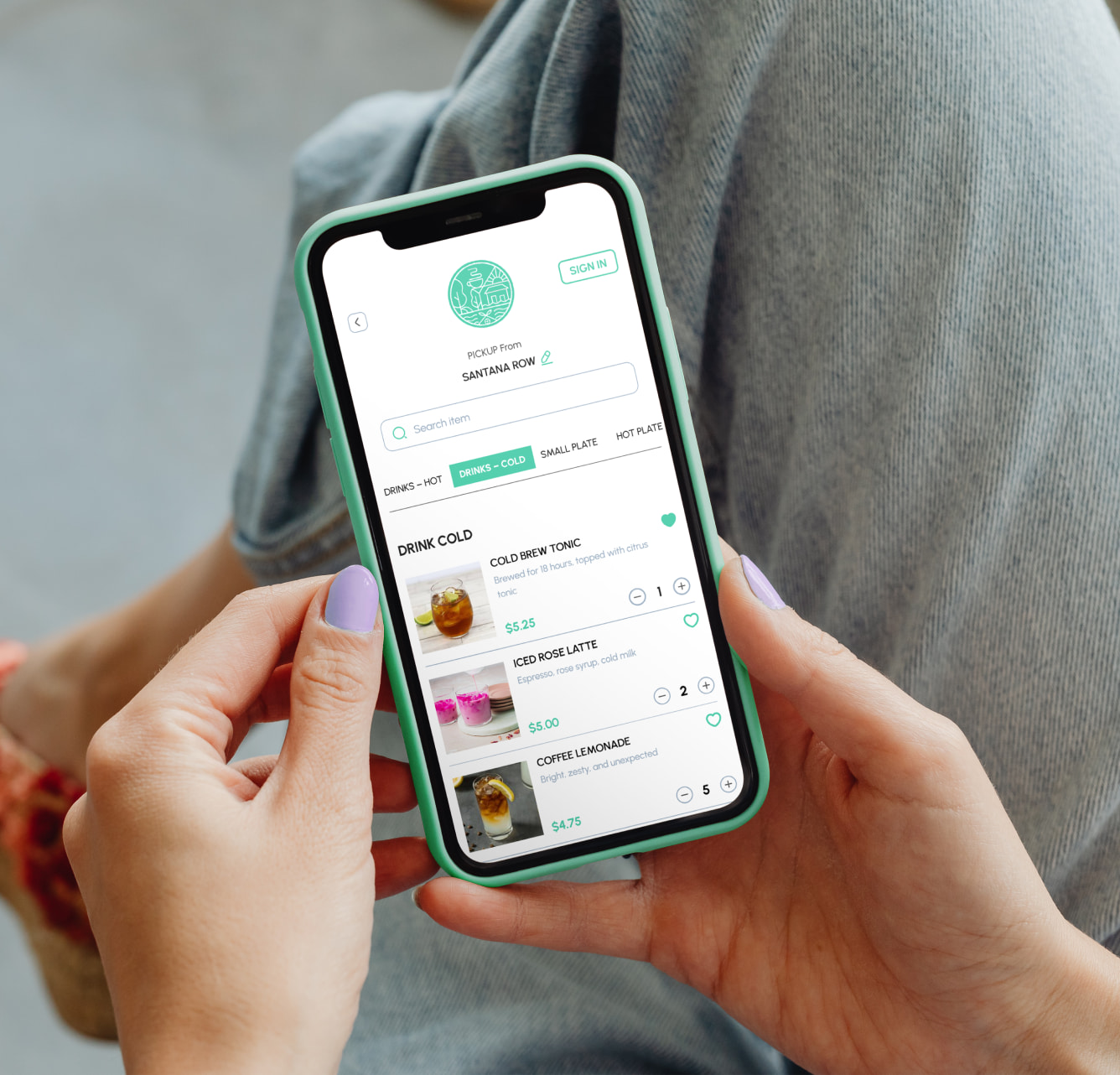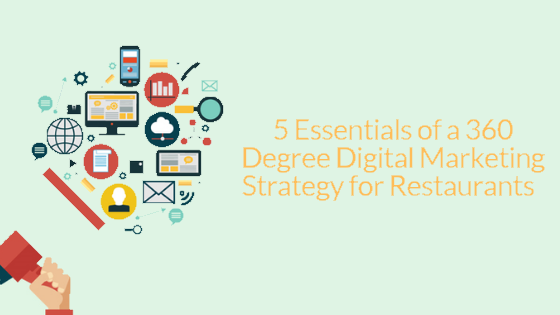Key Takeaways
How to Allocate Your Restaurant Marketing Budget in 2025: A Strategic Guide
In the highly competitive restaurant industry, marketing is no longer optional—it’s essential. With rising customer expectations and increasing competition, a well-planned marketing budget can be the difference between thriving and merely surviving. But how much should you spend on marketing, and where should you allocate your resources for maximum impact?
This guide will walk you through the steps to create an effective restaurant marketing budget in 2024, tailored to your goals and the latest industry trends. Whether you’re a startup or an established brand, these strategies will help you attract more customers, boost loyalty, and drive revenue.
Step 1: Define Your Marketing Goals
Before allocating your budget, it’s crucial to set clear, measurable goals. Without a target, your marketing efforts may lack direction and fail to deliver results. Consider the following examples of SMART (Specific, Measurable, Achievable, Relevant, Time-bound) goals:
- Increase online orders by 20% in the next 6 months.
- Grow your email subscriber list by 1,000 contacts by the end of the quarter.
- Boost social media engagement by 15% within 3 months.
- Drive a 10% increase in repeat customers through a loyalty program.
By defining your goals, you can align your marketing budget with your restaurant’s priorities and measure success effectively.
Step 2: Determine Your Marketing Budget
How much should you spend on marketing? While there’s no one-size-fits-all answer, industry benchmarks can guide your decision:
- Established Restaurants: Allocate 3-6% of annual revenue to marketing.
- New Restaurants or Startups: Aim for 10-20% of revenue to build brand awareness and attract customers.
- High-Growth Restaurants: If you’re scaling quickly, consider investing up to 30% of revenue in aggressive marketing campaigns.
For example, if your restaurant generates 500,000inannualrevenue,a5500,000inannualrevenue,a525,000 per year** or $2,083 per month. Adjust this based on your goals, competition, and market conditions.
Step 3: Allocate Your Budget Across Marketing Channels
Not all marketing channels are created equal. To maximize ROI, focus on the platforms and strategies that align with your target audience and goals. Here’s a breakdown of how to allocate your budget effectively:
1. Digital Marketing (60-70%)
Digital channels dominate modern restaurant marketing. Allocate the majority of your budget here to reach tech-savvy customers:
- Social Media Marketing (20-25%): Use platforms like Instagram, Facebook, and TikTok to showcase your menu, share customer testimonials, and run targeted ads.
- Search Engine Optimization (SEO) (10-15%): Optimize your website and Google My Business profile to rank higher in local searches.
- Pay-Per-Click (PPC) Advertising (15-20%): Invest in Google Ads and social media ads to drive traffic and conversions.
- Email Marketing (5-10%): Build and nurture your email list with promotions, newsletters, and loyalty programs.
2. In-House Online Ordering System (20-30%)
Investing in your own online ordering platform can save you money in the long run by reducing reliance on third-party apps. With Restolabs’ Online Ordering System, you can:
- Eliminate high commission fees.
- Own customer data and build direct relationships.
- Offer exclusive deals and loyalty rewards to drive repeat orders.
3. Traditional Marketing (10-15%)
While digital is king, traditional methods still have their place:
- Local Partnerships: Collaborate with nearby businesses or events to cross-promote.
- Print Media: Use flyers, posters, or local newspapers to target specific neighborhoods.
- Community Events: Sponsor or host events to build brand awareness.
4. Experimentation (5-10%)
Set aside a small portion of your budget to test new strategies, such as influencer marketing, video content, or emerging platforms like Threads or WhatsApp Business.Step 4: Create a Marketing CalendarA well-planned marketing calendar ensures your campaigns are timely, consistent, and aligned with your goals. Here’s how to create one:
- Identify Key Dates: Include holidays, festivals, and local events that align with your restaurant’s theme or cuisine.
- Plan Campaigns: Schedule promotions, social media posts, and email campaigns around these dates.
- Track Performance: Use analytics tools to measure the success of each campaign and adjust your strategy as needed.
For example, plan a Valentine’s Day special menu, a summer BBQ promotion, or a holiday gift card campaign. A calendar keeps you organized and ensures you’re always one step ahead.
Step 5: Measure and Optimize
Your marketing budget is an investment, and like any investment, it requires monitoring and optimization. Use these metrics to evaluate your campaigns:
- Customer Acquisition Cost (CAC): How much does it cost to acquire a new customer?
- Return on Ad Spend (ROAS): Are your ads generating enough revenue to justify their cost?
- Engagement Rates: Are your social media posts and emails resonating with your audience?
- Online Order Growth: Is your in-house online ordering system driving more direct sales?
By regularly reviewing these metrics, you can identify what’s working and reallocate your budget to high-performing channels.
Why Choose Restolabs for Your Restaurant Marketing Needs?
At Restolabs, we understand the unique challenges restaurants face in today’s digital-first world. Our Online Ordering System and Marketing Solutions are designed to help you:
- Reduce Costs: Save on third-party commissions by driving direct orders.
- Boost Engagement: Use data-driven insights to create personalized marketing campaigns.
- Increase Loyalty: Reward repeat customers with exclusive offers and loyalty programs.
- Simplify Operations: Manage your marketing efforts from a single, user-friendly platform.
With Restolabs, you can take control of your marketing budget and achieve sustainable growth.
Conclusion: A Smart Marketing Budget Drives Success
In 2025, a well-planned restaurant marketing budget is more important than ever.
By setting clear goals, allocating resources strategically, and leveraging the right tools, you can attract new customers, retain loyal ones, and boost your bottom line.Ready to take your restaurant marketing to the next level? Explore Restolabs’ solutions today and discover how we can help you maximize your marketing ROI.

💡You Might Also Like...
👉 How Restaurants Can Skyrocket Conversions With Facebook Ads
👉 Doordash Vs Postmates: Which Delivery Partner Is Better For Your Independent Restaurant?
👉 How To Deal With Negative Online Reviews
Frequently Asked Questions
Allocate funds across digital marketing (social media, SEO, email campaigns), promotions, and loyalty programs, ensuring a mix of online and offline strategies.
On average, restaurants should allocate 3-6% of their gross revenue toward marketing to ensure sustainable growth.


.gif)


.png)
.png)
.png)



